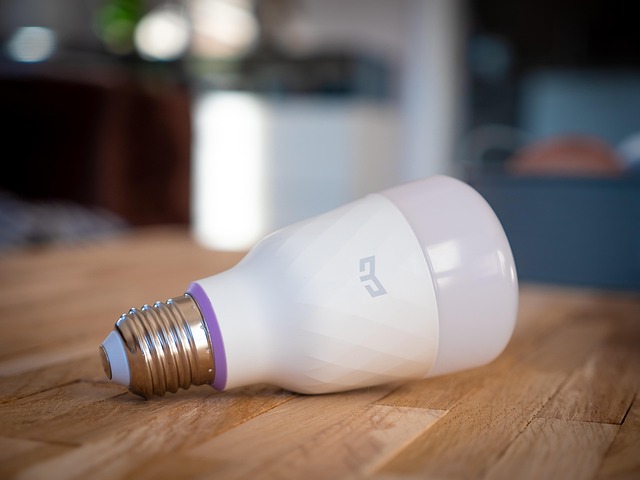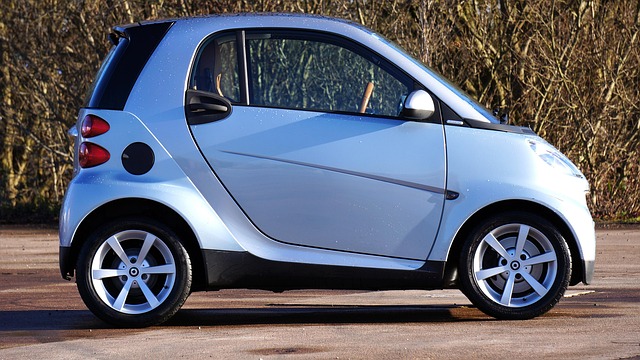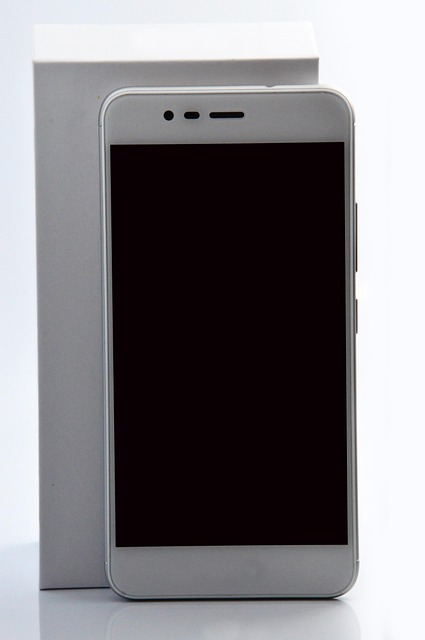Water softeners, integral parts of modern plumbing technologies, control calcium and magnesium levels in hard water through ion exchange, enhancing appliance lifespan and preventing clogs. Smart water softeners, featuring AI, sensors, and connectivity, offer precise mineral control, real-time adjustments, energy efficiency, and minimized water wastage, revolutionizing plumbing. These advanced systems, tailored to local mineral compositions, are game-changers in modern plumbing technologies, promoting sustainability and customized water experiences for various needs while saving costs.
In today’s world, efficient plumbing technologies are crucial for managing mineral control in water systems. This article explores smart water softeners—a game-changer in the realm of water treatment. We’ll delve into their role in softening hard water and removing minerals, focusing on the evolution from traditional to smart systems. Understanding how these devices work is essential, especially with the advancement of technology offering enhanced efficiency and control. Read on to discover the benefits and key factors for choosing the right smart water softener for your mineral control needs.
- Understanding Water Softeners and Their Role in Mineral Control
- The Evolution of Plumbing Technologies: Smart Water Softeners
- How Do Smart Water Softeners Work? A Deep Dive into the Technology
- Benefits of Implementing Smart Water Softening Systems in Homes and Businesses
- Choosing the Right Smart Water Softener: Factors to Consider for Effective Mineral Control
Understanding Water Softeners and Their Role in Mineral Control

Water softeners, a crucial component of modern plumbing technologies, play a pivotal role in mineral control within household water systems. These innovative devices are designed to mitigate the negative effects of hard water by reducing the levels of minerals, particularly calcium and magnesium, that can accumulate and cause various issues. Understanding their function is essential for homeowners seeking to maintain clean, safe, and efficient water supply.
At their core, water softeners utilize a process called ion exchange, where incoming hard water passes through a resin bed. The resin, treated with specific salts, exchanges minerals in the water, replacing calcium and magnesium with sodium or potassium ions. This process not only improves water quality but also extends the lifespan of plumbing appliances by preventing mineral buildup, which can lead to clogs and reduced efficiency. By employing these advanced plumbing technologies, households can enjoy softer water without compromising on essential minerals, ensuring a balanced and healthy experience for all users.
The Evolution of Plumbing Technologies: Smart Water Softeners

The evolution of plumbing technologies has brought about remarkable innovations, particularly in water treatment systems. Smart water softeners represent a significant advancement in this field, offering precise and efficient mineral control. These devices have transformed traditional water softening processes into smart, automated systems that cater to modern lifestyles. By leveraging cutting-edge technology, smart water softeners ensure optimal water quality while minimizing energy consumption and water wastage.
This new generation of plumbing technologies employs advanced sensors, artificial intelligence, and connectivity to monitor and adjust water treatment in real-time. Homeowners can now enjoy the benefits of softened water without the hassle of manual adjustment or frequent replacement of filters. The integration of smart features allows for personalized settings, ensuring that every drop of water is tailored to individual preferences, be it for drinking, cleaning, or even gardening.
How Do Smart Water Softeners Work? A Deep Dive into the Technology

Smart water softeners leverage advanced plumbing technologies, integrating sensors and AI-driven systems to monitor and control mineral levels in your water supply. These innovative devices differ from traditional models by continuously assessing water quality, allowing for precise adjustment of softening processes based on real-time data.
The heart of a smart water softener lies in its ability to detect various minerals, such as calcium and magnesium, which cause hardness. Sensors analyse incoming water, determining mineral content and pH levels. This information is then processed by an embedded AI algorithm, enabling the unit to activate specific softening mechanisms only when needed. This not only enhances water quality but also promotes energy efficiency by avoiding unnecessary operation.
Benefits of Implementing Smart Water Softening Systems in Homes and Businesses

Implementing smart water softeners as part of modern plumbing technologies offers numerous benefits for both homes and businesses. These advanced systems go beyond traditional water softening methods by providing precise control over mineral levels, ensuring optimal water quality for various applications. One of the key advantages is the ability to customize settings according to specific needs, whether it’s reducing hard water minerals for better hygiene or adjusting for certain chemical compositions required in industrial processes.
Smart water softeners also contribute to energy and cost savings. By employing innovative sensors and automation, these systems operate only when needed, minimizing unnecessary energy consumption. Additionally, they help extend the lifespan of plumbing fixtures and appliances by preventing mineral buildup, reducing the need for frequent cleaning or replacement, and ultimately streamlining maintenance routines. This integration of technology into plumbing technologies is a game-changer, offering efficient solutions for mineral control while promoting sustainability.
Choosing the Right Smart Water Softener: Factors to Consider for Effective Mineral Control

When selecting a smart water softener, several key factors come into play for effective mineral control. Firstly, understand your specific plumbing needs and the minerals prevalent in your local water supply. Different regions have varying mineral compositions, from calcium carbonate to magnesium bicarbonate. Smart softeners often use advanced sensors to identify these minerals, allowing them to tailor their treatment accordingly.
Secondly, consider energy efficiency. Modern plumbing technologies offer smart options that can learn your usage patterns and adjust softening processes automatically, reducing energy consumption. Additionally, look for systems with customizable settings, allowing you to set daily or seasonal schedules, which is ideal for optimizing mineral control while saving on utility bills.
